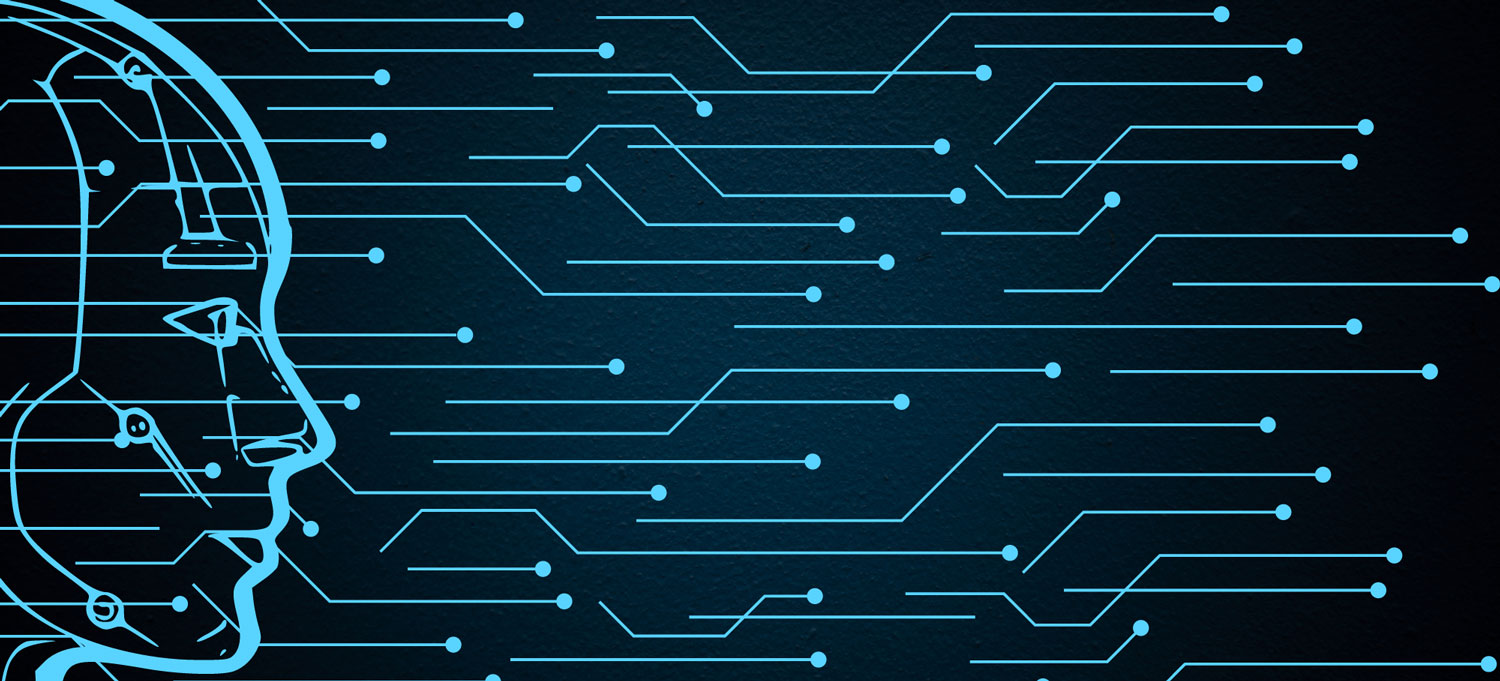
By Jacob Mchangama and Jules White
The brave new world of Generative AI has become the latest battleground for U.S. culture wars. Google issued an apology after anti-woke X-users, including Elon Musk, shared examples of Google’s chatbot Gemini refusing to generate images of white people—including historical figures—even when specifically prompted to do so. Gemini’s insistence on prioritizing diversity and inclusion over accuracy is likely a well intentioned attempt to stamp out bias in early GenAI datasets that tended to create stereotypical images of Africans and other minority groups as well women, causing outrage among progressives. But there is much more at stake than the selective outrage of U.S. conservatives and progressives.
How the “guardrails” of GenAI are defined and deployed is likely to have a significant and increasing impact on shaping the ecosystem of information and ideas that most humans engage with. And currently the loudest voices are those that warn about the harms of GenAI, including the mass production of hate speech and credible disinformation. The World Economic Forum has even labeled AI-generated disinformation the most severe global threat here and now.
Ironically the fear of GenAI flooding society with “harmful” content could also take another dystopian turn. One where the guardrails erected to keep the most widely used GenAI-systems from generating harm turn them into instruments of hiding information, enforcing conformity, and automatically inserting pervasive, yet opaque, bias.
Read The Full Article
Jacob Mchangama is the Founder and Executive Director of The Future of Free Speech. He is also a research professor at Vanderbilt University and a Senior Fellow at The Foundation for Individual Rights and Expression (FIRE).

